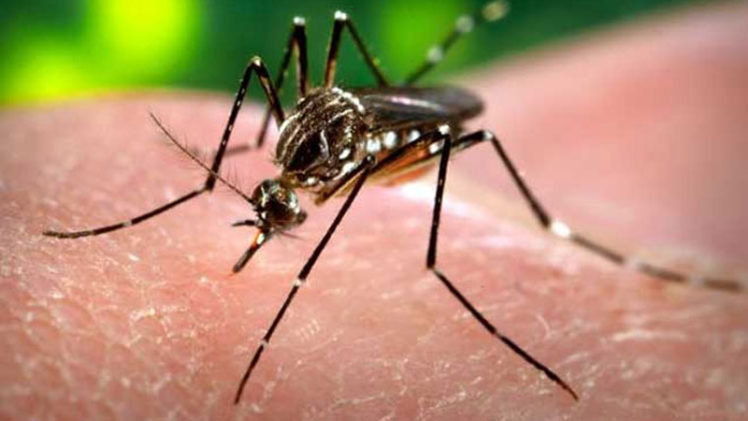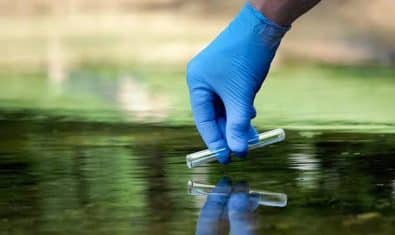A 9-member team from the World Health Organization (WHO) has reached Karachi today. Its main purpose is to try and come up with a comprehensive strategy in collaboration with the Sindh Health Department on how to deal with the chikungunya outbreak.
The team will start work on this issue immediately, holding meetings today in Karachi with various stakeholders while also visiting the disease-stricken areas of the city. All of this is to try and understand the problem properly before sitting down to decide on a plan on Thursday.
According to Dr. Muhammad Taufiq, Health Director of Karachi, the execution of intervention systems will actually demonstrate their effectiveness against the disease, at least in the short run. Outbreak of the same disease in the next transmission season will thus, hopefully, be comparatively lower than this time.
There have been a total of 1,419 suspected cases since December 19, 2016 till April 4, 2017 of this disease last year in Karachi
Furthermore, Dr. Taufiq also added that the body had sought the help of technical experts from various international organizations because Sindh Health Department had been unable to deal with this outbreak alone and also because the disease had been around for more than just a few months. This is obviously worrying and needs prompt action.
The team will be going to Saudabad, Malir, Orangi, Bin Qasim Town, the coastal areas of Karachi as well as a few other areas as needed.
Epidemiological investigations will be carried out by the WHO team to get more knowledge of the outbreak and the disease at health facilities and at a community level. Dr. Sara Salman, WHO’s Head of Office, also stated that there will be a team of entomologists from the international organization’s Regional Office for the Eastern and Mediterranean Provincial Dengue Control Programme. The Health Department will be carrying out a complete entomological survey in the towns that have been affected by the disease. This will verify the rate of distribution and profusion of the disease spread by the aedes aegypti (commonly known as the yellow fever mosquito) in all the towns.
Last Year’s Chikungunya Outbreak in Karachi
At the end of last year, there was also an outbreak in Karachi of a then unknown fever which was causing joint pains. This was eventually confirmed as chikungunya which spread via the bite of a contaminated aedes aegypti mosquito. If we use the WHO suggested case definition, there have been a total of 1,419 suspected cases since December 19, 2016 till April 4, 2017 of this disease in the city which have been registered. There might be many more which haven’t even been registered.
“A person with acute onset of fever of 102° Fahrenheit and severe arthralgia or arthritis not explained by other medical conditions and who resides or has visited epidemic or endemic areas within two weeks before the onset of symptoms is said to be suffering from chikungunya,” Dr. Sara Salman explains.
She further states that cases of chikungunya or those which were suspected to be of that disease had been reported from all parts of the city with the highest incidences from Malir which had 659 cases of the disease. Keamari has 286; Bin Qasim: 260, and, lastly, Orangi with 139 cases.
Moreover, Dr. Sara Salman further stated that the country office of the WHO and the provincial heads of offices had discussed the issue after which it was decided that support would be given to the provincial health department and then the municipal administration to try and control the outbreak to limit it to where it is.
The team’s main purpose right now is to investigate the outbreak and come up with a short-term plan on how to act. This will be done after the epidemiological investigation has been done and a comprehensive plan has been made by holding meetings with provincial and district health authorities and advising them on the matter.
Between 1994 and 1995 was the first time that cases of dengue outbreak were reported in the city. In 2015, cases were reported again from all over Karachi and since then the disease has not been wiped out fully.



























YA Allah Is Bemaari Or Her Bemaari Se Hum Sub Ko Bacha : Aaameen
Save Humanity Save Pakistan !
Aameen
Allah khair karay